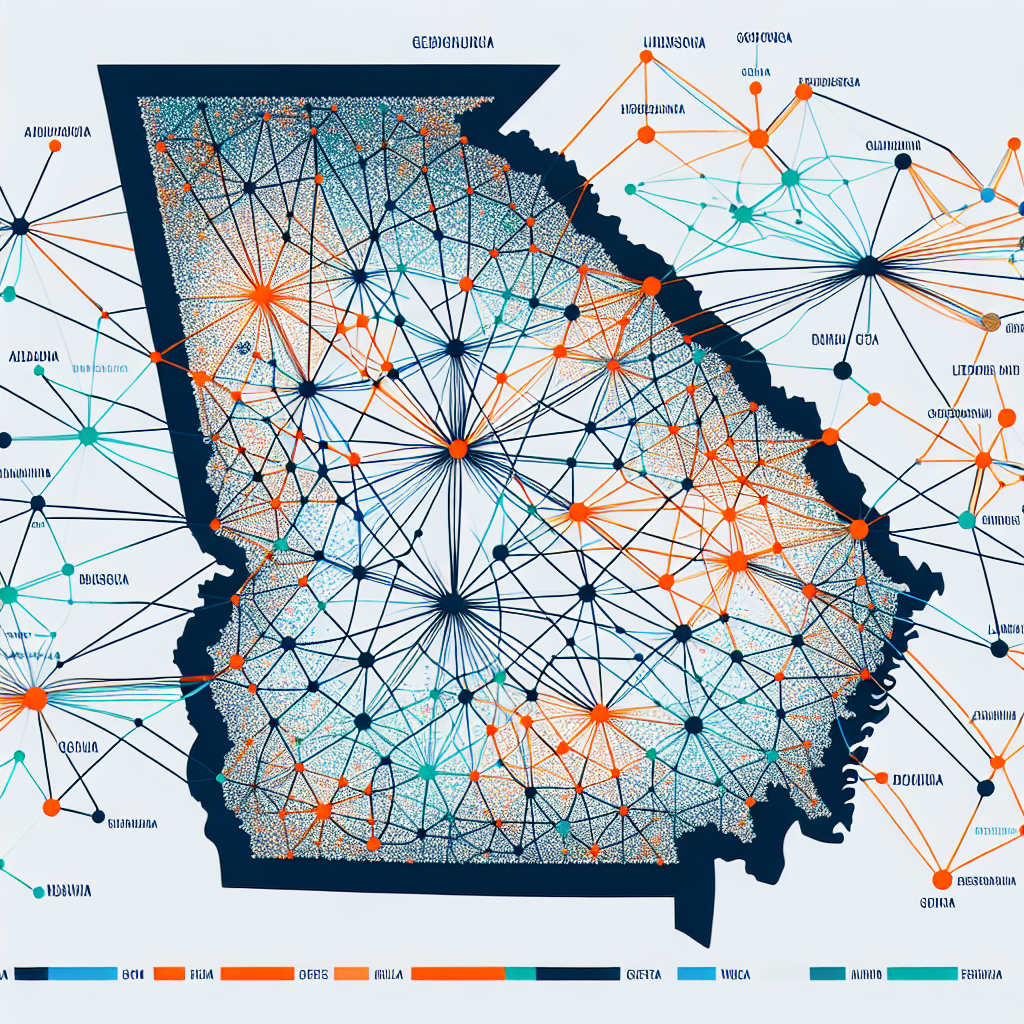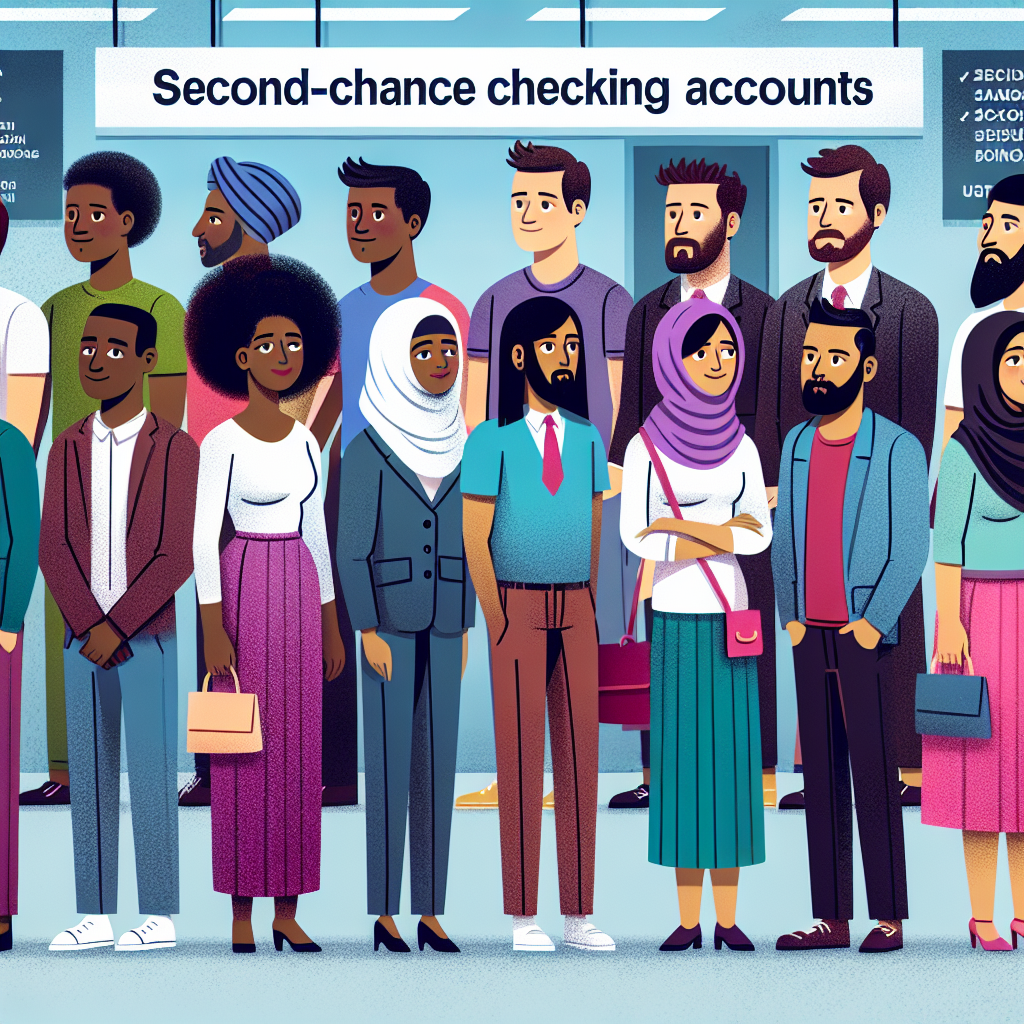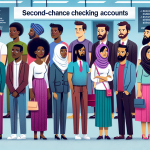Key Points to Keep in Mind
- The Fair Credit Reporting Act (FCRA) shields consumer privacy by restricting who can access your credit report and for what reasons.
- Your credit report holds sensitive data, so anyone wanting to glance at it must have a valid justification under the FCRA’s “permissible purposes,” whether it’s a hard or soft credit inquiry.
- Permission isn’t always a must: hard inquiries require your green light, but soft inquiries can happen quietly without asking you first.
Who Actually Has the Right to Access Your Credit Report?
Your credit history is a private vault, not an open book for just anyone to flip through anytime they please. The Fair Credit Reporting Act was crafted to uphold your privacy and “guard against unwarranted intrusion into an individual’s privacy via the collection and spread of credit details.”
Still, despite these protections, there are legit scenarios when someone can legally examine your full credit report without needing your nod. Plus, soft credit checks can be conducted behind the scenes without your consent.
Let’s unpack these circumstances so you’re clear on who can legally snoop on your credit and when it can happen.
Distinguishing Hard Inquiries from Soft Inquiries
Before we jump into the “who” and “when,” it helps to understand the two flavors of credit checks:
- Hard inquiry: A deep dive into your credit file that can ding your credit score. Your explicit consent is mandatory before this type of check proceeds.
- Soft inquiry: A lighter sweep mainly for gathering intel. This doesn’t affect your score and doesn’t require your permission.
Who Typically Performs Soft Credit checks?
- Employers conducting background screenings
- Lenders sending you preapproved offers
- Companies running background or identity verification checks
Exceptions Where Hard Inquiries Don’t Need Your Say
On rare occasions, certain entities can perform hard inquiries without your explicit approval, usually when dealing with debt collections, government investigations, or court orders. Examples include:
- Debt collectors evaluating your credit after a default
- Government agencies checking credit reports for law enforcement or regulatory purposes
- Court orders mandating access to credit information
Financial Applications and Permissions
When a lender or insurer is contemplating extending credit or coverage, they will probably pull a hard inquiry to reach a decision, impacting your credit score. However, they must ask for your permission before running this check.
Heads-up: A preapproval doesn’t guarantee final approval. Lenders can still say no after a hard credit check, so weigh your options carefully before giving the green light.
Who Needs Your Go-Ahead to Look at Your Credit?
Generally, anyone performing a hard credit inquiry will first require your explicit consent—unless they qualify for one of the exceptions above. Some common sources of hard credit inquiries include:
- Mortgage lenders
- Credit card issuers
- Auto loan providers
- Insurance companies underwriting policies
Legitimate Reasons for Credit Report Access Under the FCRA
No one, soft or hard inquiry alike, can snoop on your credit without a sound reason. The FCRA spells out “permissible purposes” for accessing your report. Besides loan applications, preapproval offers, or new job screenings, other accepted scenarios include:
- Licensing or government benefit applications requiring eligibility verification
- Insurers or investors evaluating credit risk or anticipating early loan repayment
- Business partners involved in a deal you initiated needing to review your creditworthiness
- Regulatory bodies such as the CFPB or National Credit Union Administration in specific contexts
Important reminder: A lender can’t grab your report under the pretense of approving a loan and then misuse the info for other ends. Doing so breaches your FCRA rights.
Your Rights When Someone Accesses Your Credit Without Authorization
Credit bureaus and their staff are on the hook if they improperly hand out your credit report. Even if the release was accidental—say, confusing you with someone with the same name—they can still be held accountable. Credit bureaus must use more than just a name match to ensure the report belongs to the right person.
Simply issuing a disclaimer that the report is based on name alone and leaving it to the requester to confirm the identity still violates the FCRA.
Can You Take Legal Action Against Those Who Violate Your Privacy?
Unauthorized access to your credit can lead to privacy invasion, emotional distress, damage to your reputation, and financial difficulties. If you succeed in a lawsuit against someone who accessed your credit report without a “permissible purpose,” you could recover both actual and punitive damages, plus attorney fees.
Keep in mind, there’s a ticking clock on these claims: you must file within two years of discovering the violation or within five years from when it occurred—whichever comes first.
How to Check Who’s Been Looking at Your Credit Report
Wondering who has been checking your credit? Simply request a copy of your credit report, which includes a list of recent inquiries. You can also sign up for monitoring services that alert you whenever a credit check is performed.
The Bottom Line
Your credit report isn’t an open book just because someone wants to peek at it, whether the inquiry is soft or hard. The FCRA strictly controls when and why your credit can be accessed, ensuring only those with a legitimate reason get in.
Both the credit bureaus and those requesting your report without a valid purpose can be held responsible under the law. If you believe your rights have been violated, act swiftly before the statute of limitations expires.
Keep tabs on your credit by regularly reviewing your reports—available free annually from the major credit bureaus—and consider setting up alerts so you’re never caught off guard.
| Hard Inquiry | Yes (except certain exceptions) | Can lower score slightly | Lenders, insurers, landlords |
| Soft Inquiry | No | No impact | Employers, lenders for preapprovals, background checkers |








